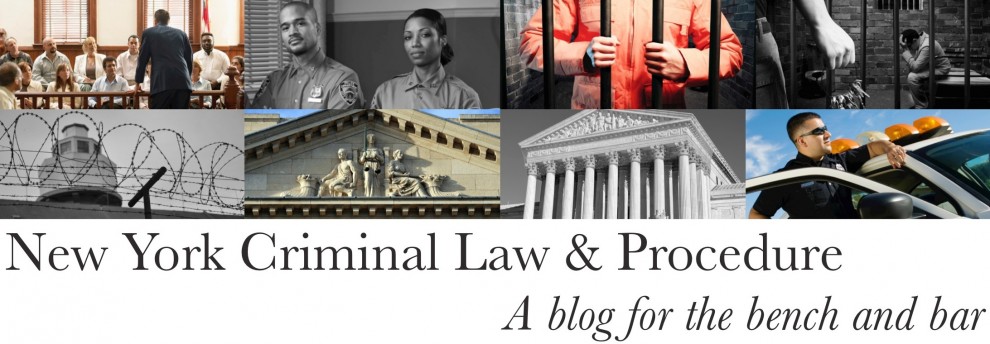Although this is not on-topic to the blog, I thought readers would appreciate learning that St. John's University School of Law is looking to hire a legal writing professor for the 2010-11 academic year. The announcement follows. Please forward to anyone who might be interested.
St. John's University School of Law has a full-time position available for an Assistant Professor of Legal Writing, which will commence in August 2010.
JOB DESCRIPTION:
Starting Assistant Professors of Legal Writing are afforded renewable one-year contracts for three years, to be voted upon by the Faculty Council and Dean. Upon successful peer and student evaluations, as well as any other pertinent considerations (scholarship and service are considered but not required), a three-year renewable contract may be offered by the Faculty Council and the Dean. Upon completion of a three-year contract, a Legal Writing Professor may be eligible for a renewable seven-year contract.
The school anticipates that the starting annual academic year base salary for the position will be in the range of $80,000 to $85,000.
In the fall, writing professors teach Legal Analysis and Writing, a two-credit course. The responsibilities of the writing professors include creating and critiquing writing assignments emphasizing case law analysis,
statutory interpretation, and basic writing skills.
In the spring, writing professors teach Legal Analysis, Writing and Research, a two-credit course. The responsibilities include teaching legal research, memoranda writing, appellate brief writing, and oral argument.
Summer research stipends may be available as well as some conference travel or other professional development funds.
JOB QUALIFICATIONS:
St. John's seeks individuals with strong interest and competencies in teaching legal research and writing. Candidates should have excellent academic records (including a J.D. or its equivalent). Teaching experience, scholarship, and practice experience as a lawyer would be viewed favorably.
APPLICATION PROCEDURE:
Applicants should submit a cover letter, curriculum vitae, the names of three references, writing sample and teaching evaluations (if available) to:
Professor Robert A. Ruescher
Coordinator, Legal Writing Program
St. John's University School of Law
8000 Utopia Parkway
Jamaica, NY 11439
Applications will be accepted until the position is filled.
St. John's University School of Law is part of St. John's University, a Catholic and Vincentian institution of higher education committed to academic excellence and the pursuit of wisdom and truth. As an Equal
Opportunity Employer, St. John's encourages applications from women and minorities. The University is located in the New York metropolitan area and is accessible by highways and public transportation to NYC.
FURTHER INFORMATION:
Position type: The position may lead to successive long-term contracts of five or more years.
Faculty Vote: The person hired will be permitted to vote in faculty meetings.
Salary: The school anticipates paying an annual academic year base salary in the range of $80,000 to $85000. (A base salary does NOT include stipends for coaching moot court teams, teaching other courses, or teaching in summer school; nor does a base salary include conference travel or other
professional development funds.)
Students Per Semester: The person hired will teach legal writing each semester to a total number of students in the range of 36 to 45.
Submission Deadline: Applications will be accepted until the position is filled.


